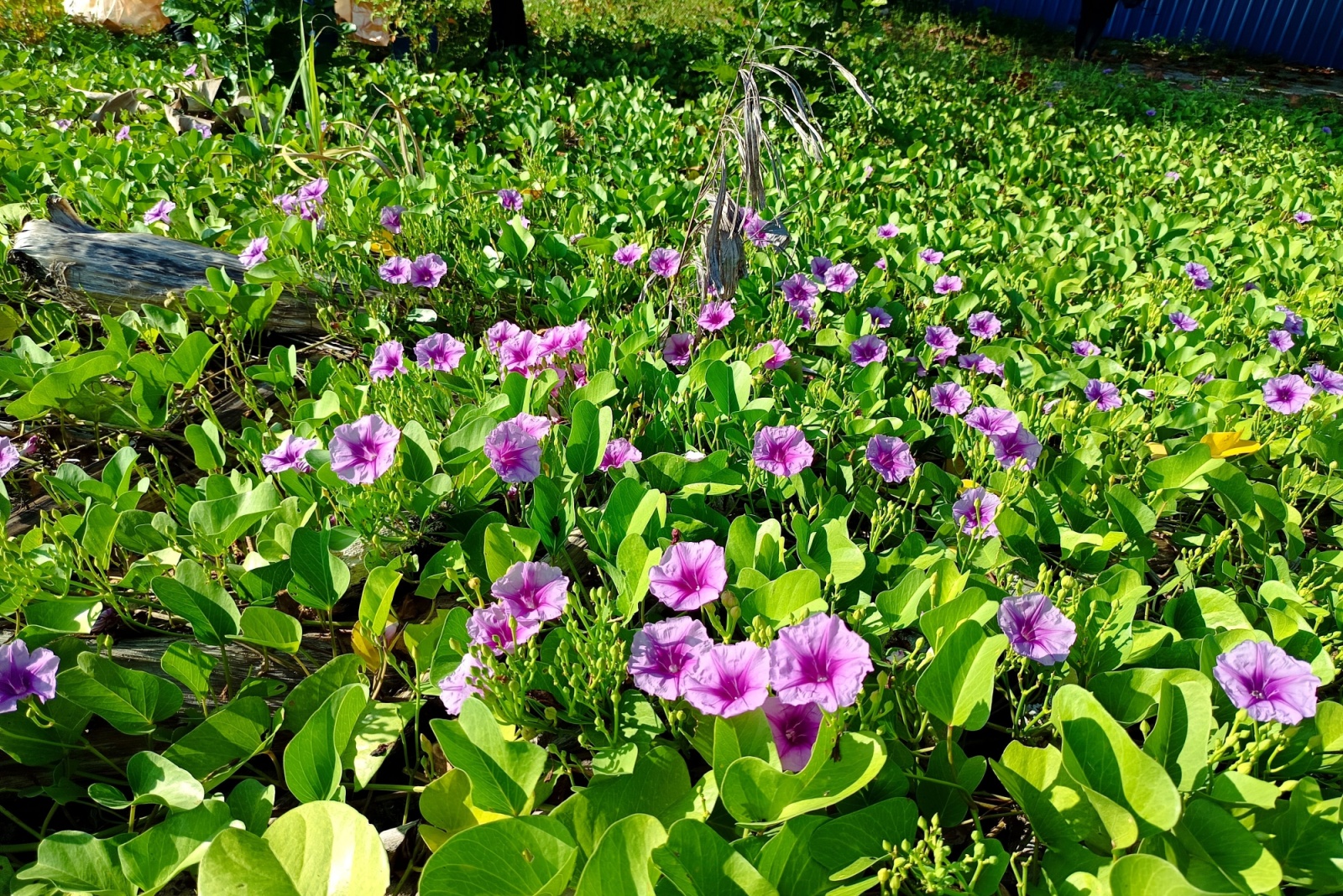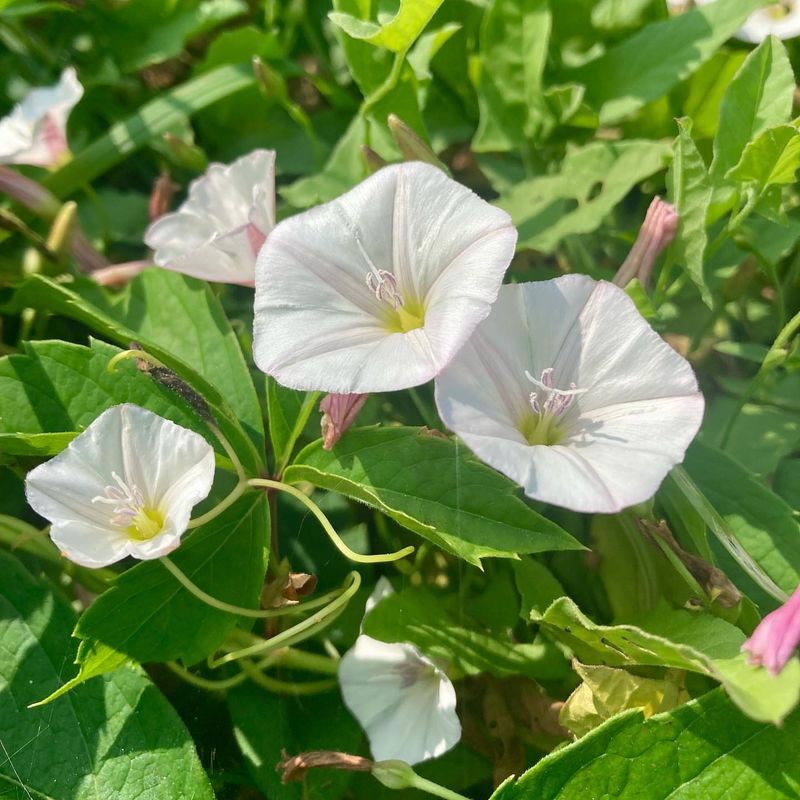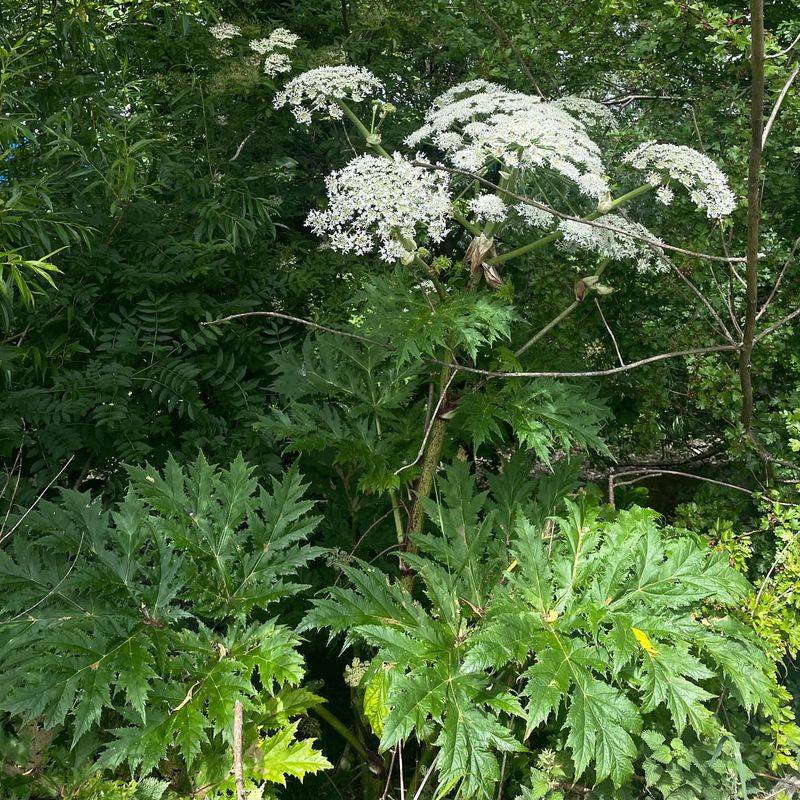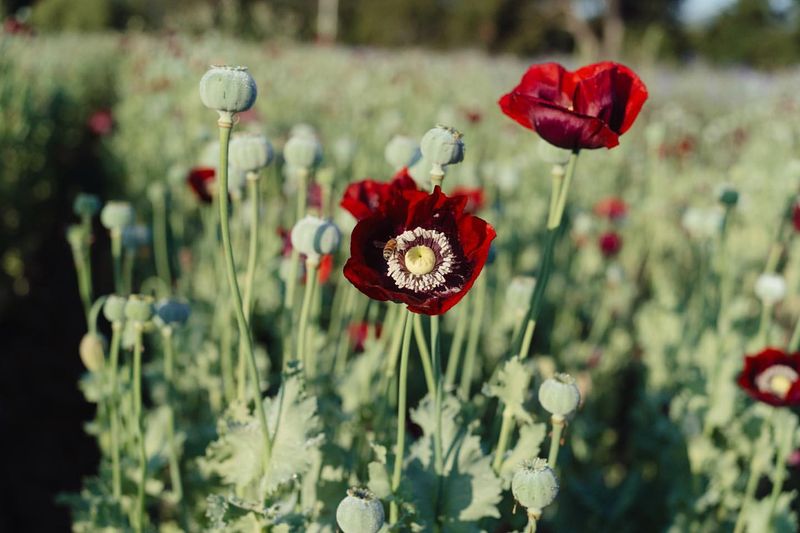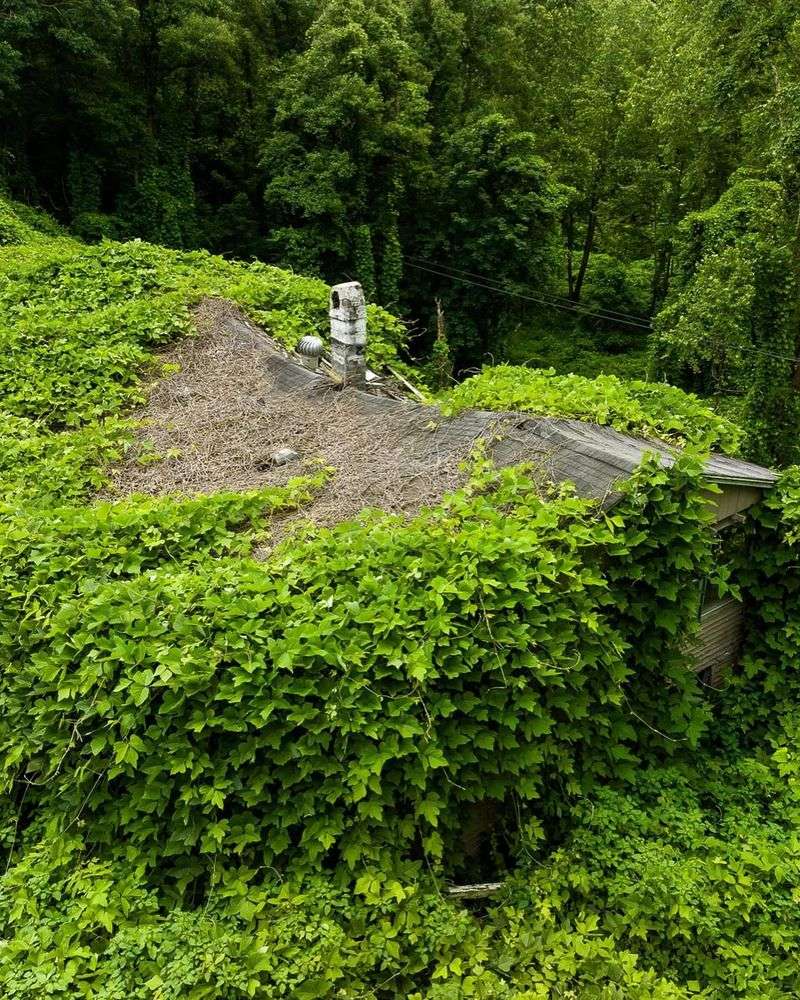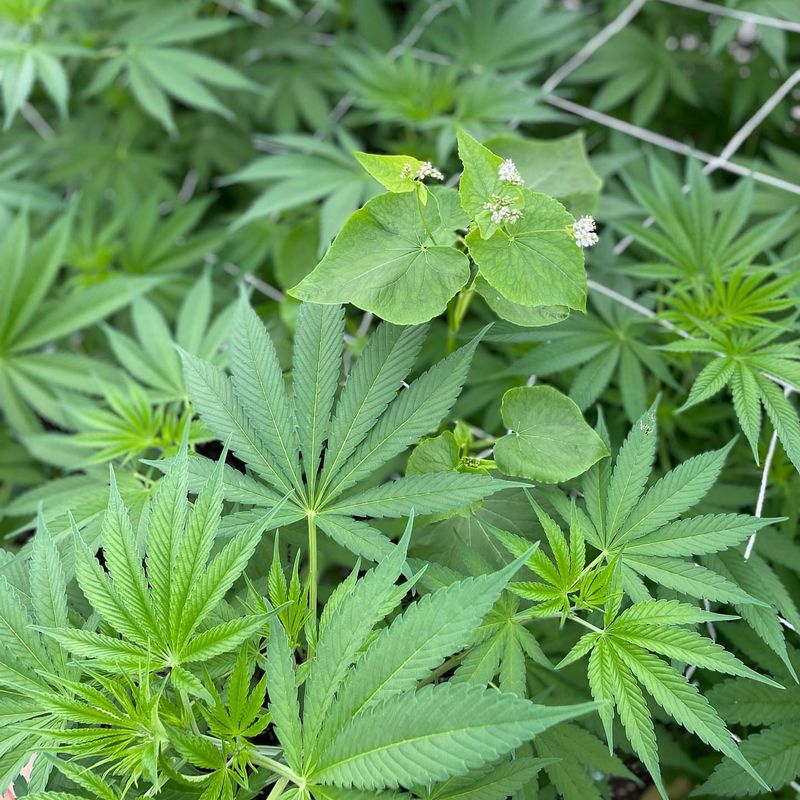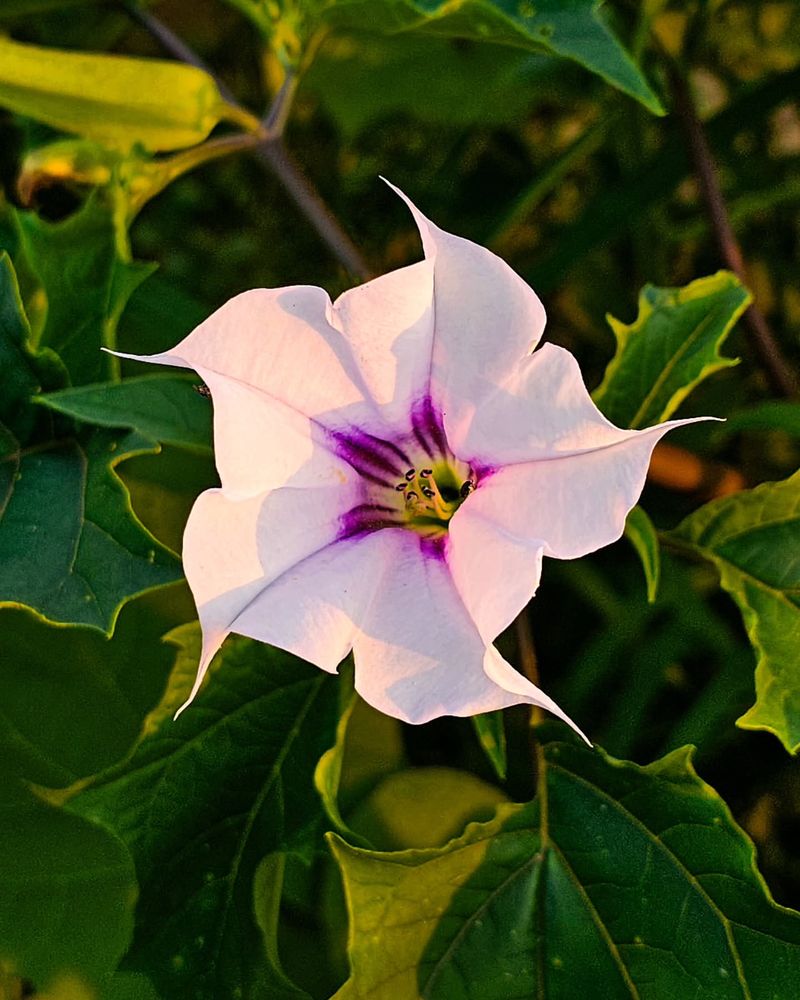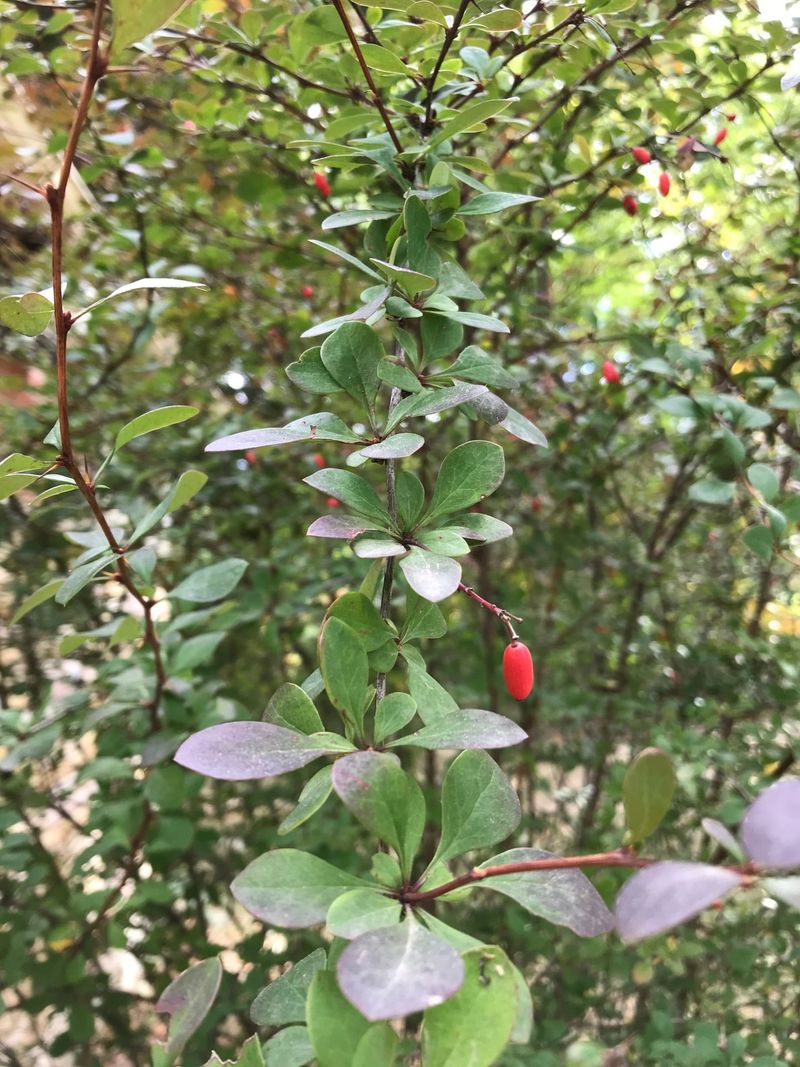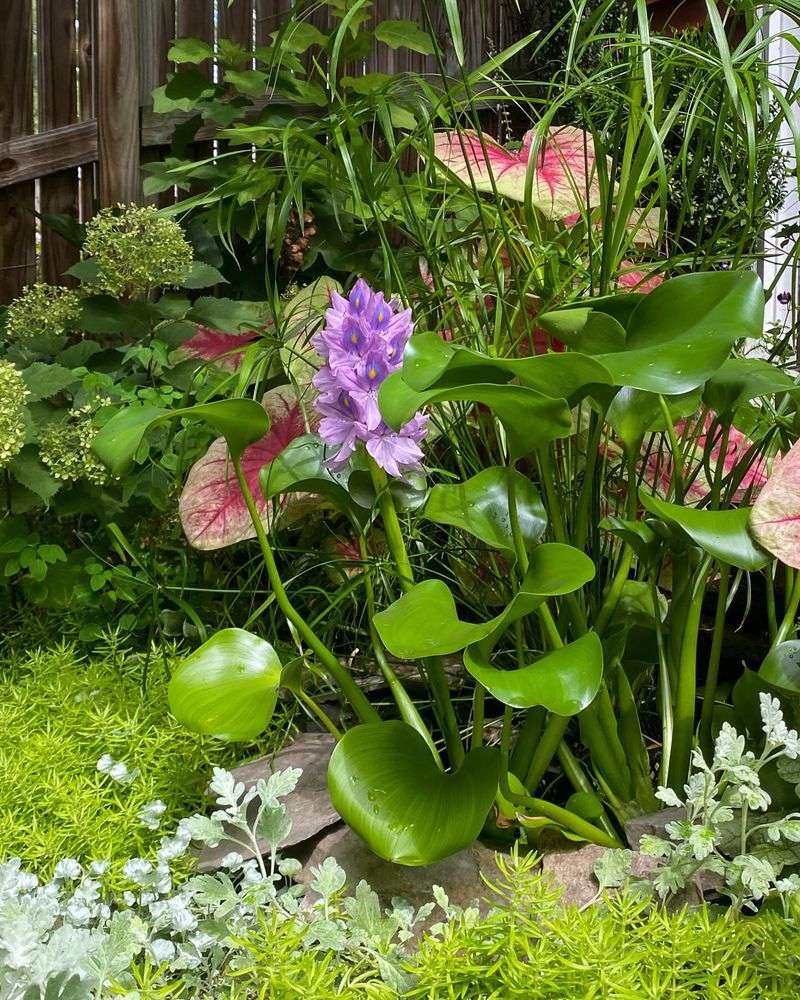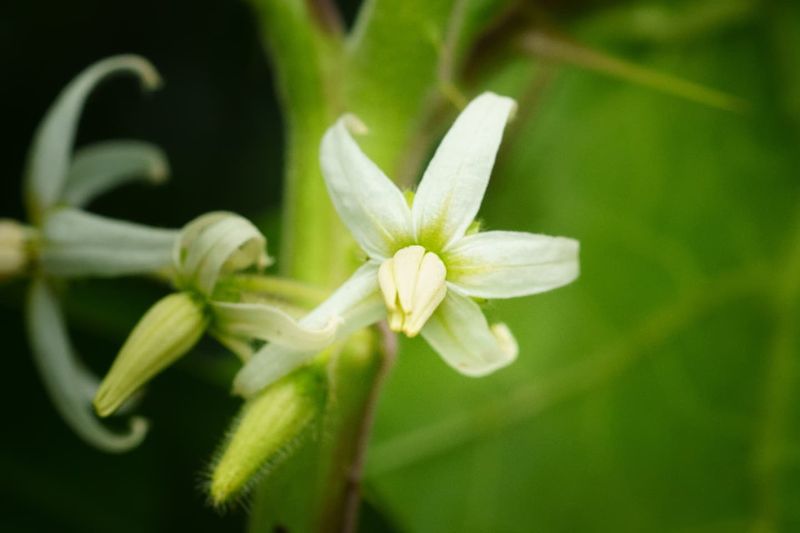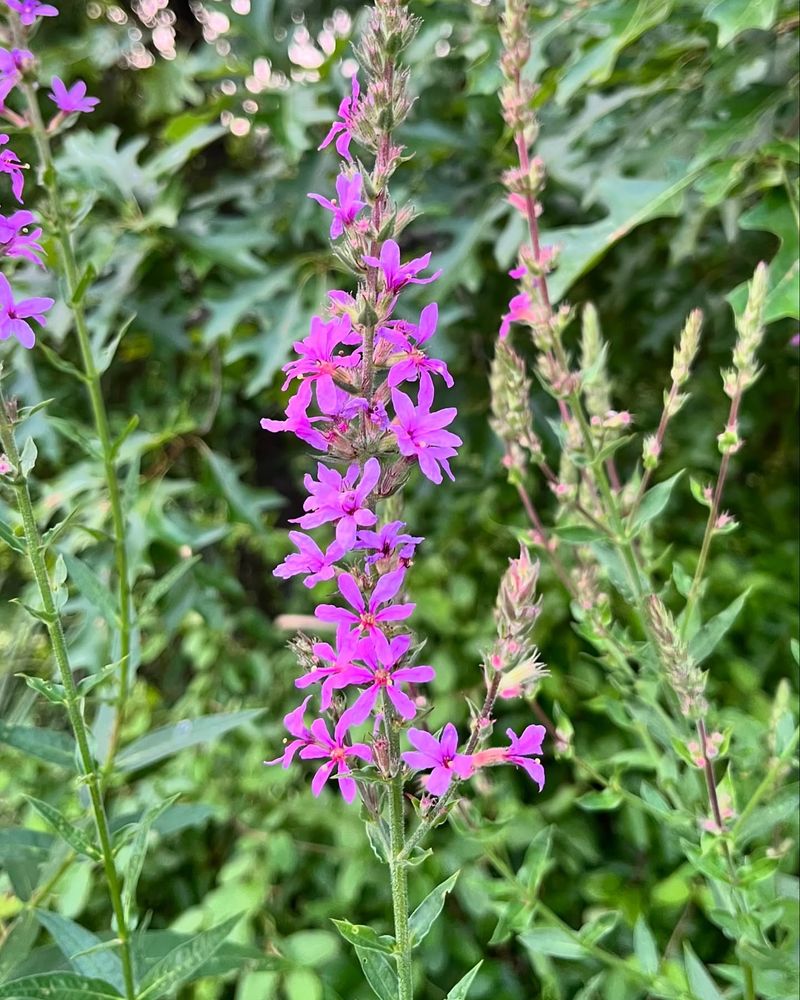Thinking about growing your own food in Tennessee? Watch out! Some plants that seem perfectly harmless are actually against the law to grow in your backyard. State regulations ban certain plants for reasons ranging from invasive growth habits to containing dangerous compounds.
Before you start planting this season, make sure you’re not accidentally breaking the law with these surprising forbidden crops.
1. Wild Morning Glory
Tennessee classifies wild morning glory as a noxious weed due to its aggressive spreading habits. The pretty purple flowers might seem innocent, but this plant can quickly take over entire gardens and farmland.
Once established, its extensive root system makes it nearly impossible to fully remove. Farmers lose millions yearly battling this invader that strangles other crops and competes for nutrients.
2. Giant Hogweed
Growing giant hogweed could land you in serious trouble – both legally and physically! This towering plant causes severe skin burns when touched, especially in sunlight.
Originally brought to America as an ornamental curiosity, it’s now banned across Tennessee. The sap contains chemicals that make skin extremely sensitive to UV light, causing painful blisters that can leave permanent scars and even blindness if it contacts eyes.
3. Opium Poppies
Many gardeners don’t realize that those beautiful red poppies might be illegal. Growing opium poppies (Papaver somniferum) is prohibited under federal law because they contain narcotic compounds.
Even if you just want them for their stunning blooms or seeds for baking, the DEA doesn’t make exceptions. Authorities occasionally raid gardens when these distinctive flowers are spotted, leading to potential criminal charges for unsuspecting homeowners.
4. Kudzu
Known as “the vine that ate the South,” kudzu is strictly forbidden for backyard cultivation in Tennessee. This aggressive Asian import can grow up to a foot per day during summer months!
Originally introduced for erosion control, kudzu quickly became an ecological nightmare. It smothers native plants, pulls down power lines, and damages structures. The plant’s massive root system makes eradication extremely difficult once it becomes established.
5. Cannabis
Despite changing laws in other states, growing cannabis remains illegal in Tennessee backyards. Even a single plant can result in felony charges with potential prison time.
Many gardeners are surprised by how strictly Tennessee enforces these laws. Law enforcement actively looks for these distinctive plants, using everything from helicopter surveillance to thermal imaging. Even medical use exceptions remain extremely limited in the state.
6. Chinese Tallow Tree
Nicknamed the “popcorn tree” for its white seed clusters, Chinese tallow trees are banned throughout Tennessee. Their colorful fall foliage tempts gardeners, but don’t be fooled!
Each tree produces up to 100,000 seeds annually that birds spread far and wide. The roots release chemicals that prevent native plants from growing nearby. Removing mature trees costs thousands, as they rapidly establish dense stands that crowd out beneficial native species.
7. Jimsonweed
Jimsonweed’s trumpet-shaped white or purple flowers might look attractive, but this plant is both illegal and deadly toxic. Every part contains dangerous levels of alkaloids that cause hallucinations, seizures, and even death.
Tennessee law prohibits intentionally growing this dangerous plant. Unfortunately, it appears naturally in many areas. Livestock deaths occur yearly when animals accidentally consume it, and children are particularly vulnerable to its seed pods that resemble small spiny fruits.
8. Japanese Barberry
Those red-leaved shrubs at garden centers? Japanese barberry is now banned for cultivation in Tennessee due to its invasive nature and connection to tick-borne diseases.
Research shows areas with barberry infestations have significantly higher tick populations carrying Lyme disease. The plant’s dense growth creates perfect humidity conditions for ticks to thrive. Its thorny branches also make removal challenging, requiring special equipment and protective gear.
9. Water Hyacinth
Floating water hyacinth might look beautiful with its lavender flowers, but growing it in Tennessee waterways or garden ponds is strictly prohibited. Just one plant can multiply to cover an entire lake within months!
This aquatic invader forms thick mats that block sunlight, deplete oxygen, and kill fish. Removing established populations costs millions in taxpayer dollars. Even disposing of water hyacinth is regulated – never dump aquarium plants into natural waterways.
10. Tropical Soda Apple
This nasty nightshade relative sneaks into Tennessee through contaminated hay and livestock feed. Growing it – even accidentally – violates state agricultural laws.
Covered in sharp thorns that can puncture tractor tires, tropical soda apple quickly forms impenetrable thickets. Cattle refuse to graze near it, effectively reducing pasture size. The plant produces thousands of seeds per year that remain viable in soil for years.
11. Purple Loosestrife
Purple loosestrife’s beautiful purple flower spikes are deceptively destructive. Tennessee banned this wetland invader after witnessing the devastation it caused in neighboring states.
A single plant produces over two million seeds annually! Once established in wetlands, it forms dense stands that eliminate habitat for native wildlife and disrupt water flow. Even small garden plantings can spread to nearby watersheds through wind, water, or hitching rides on vehicles and clothing.

